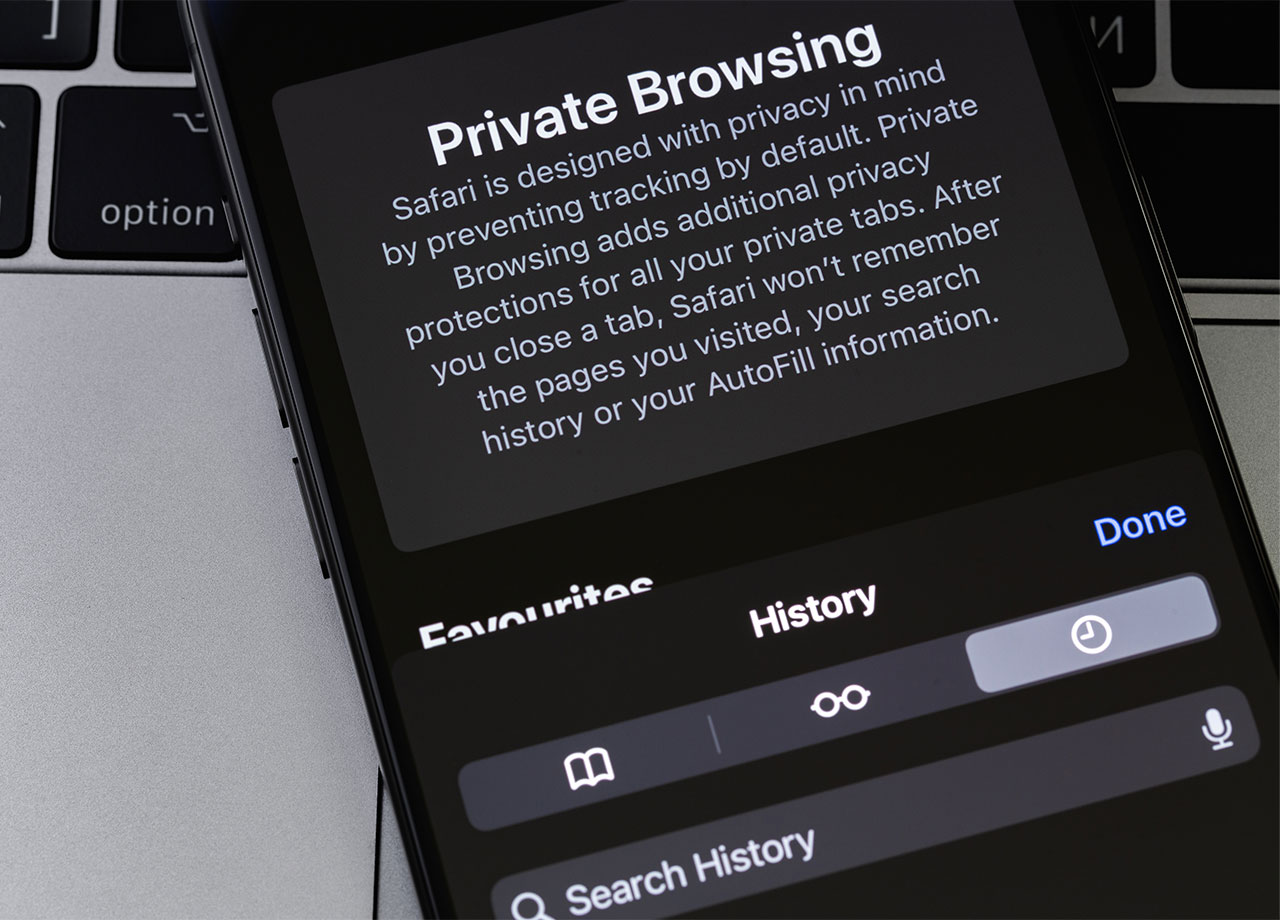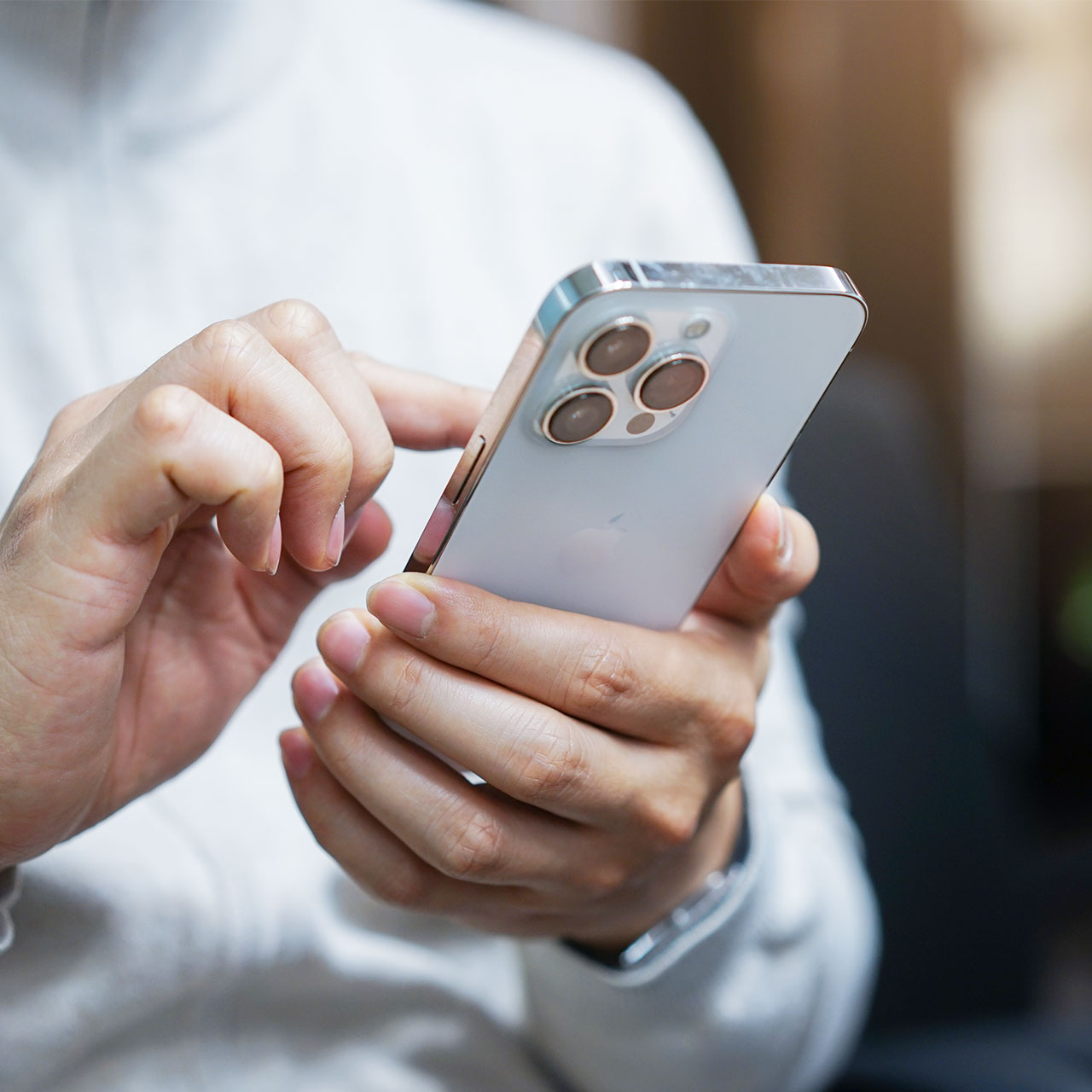Apple has strict policies in place for the apps that it allows in the App Store, and it’s less likely that you’ll get a virus on an iPhone than on other operating systems. But no system is truly flawless, and it’s still in your best interest to protect yourself as best as possible while you’re online. This means avoiding certain bad habits we can adopt when using one of Apple’s browsers, such as Safari.
Keeping aware of your online surroundings, including links you click on from outside sources, is the best way to maintain a well-protected device that is less prone to malicious activities like viruses and hackings. These two iPhone browsing mistakes can make you more vulnerable to viruses — it’s a good idea to nip these in the bud and get a better handle on your online security.

1. Downloading Strange Apps
Even though Apple vets all of the apps that it allows in its App Store for official purchase, it can only do so much to help keep your phone protected from viruses. There are still outside sources you may find while browsing online that allow you to download free versions of paid apps or access interesting apps that you can’t find on the App Store. Download these at your own risk, though. These apps have not been approved by Apple and they may contain malware or spyware. Also be careful about using any app that asks for excessive permissions or that has loads of bad reviews. Review an app’s rating and reviews prior to downloading it.

2. Visiting Suspicious Websites
A huge scam these days is websites that look nearly identical to legit ones, but are actually fake phishing attempts or sites that then download malware onto your device. Some telltale signs that the site isn’t legit include misspellings in the URL or requests once you arrive at the site for a little too much personal information. If something doesn’t feel right, get out of there quickly and don’t provide it any more data than it needs.
Although it’s possible you could reach these suspicious websites by accidentally typing in the wrong URL, it’s more common to make this mistake by clicking on a link sent to you in an email by someone you don’t know. Never click on links in emails unless you are certain you know the sender and the site.

























